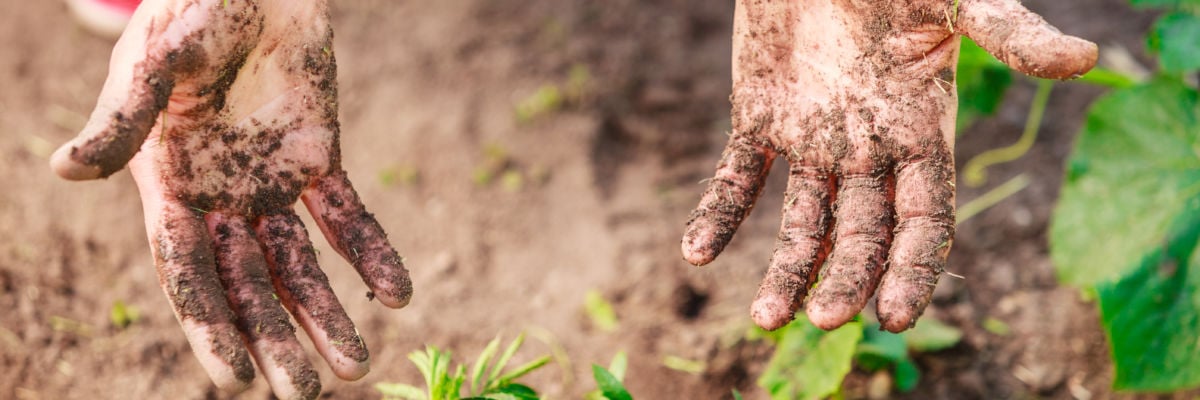
The first baby I lost was unceremoniously flushed down the toilet at the doctor’s office by a well-meaning nurse. At the time,I was still Protestant, and I remember the jarring feeling that my body was giving a sacrifice against my will. It all seemed so earthy, so literally bloody, and I didn’t know how to reconcile it with a materialist worldview.
I recently miscarried the baby who would have been my fifth on earth. This time, I bled everything out at home, saved the dismantled tissue, and buried it in the garden under a statue of St. Francis. I was open to life, and my body became a house of death, but at least the life I had borne wasn’t flushed down a toilet.
I’m not alone in my feeling that the experiences of womanhood seem sometimes to line up with ancient pre-Christian beliefs. A glance at social media trends such as WitchTok and #modernwitch reveal many women with a shockingly active belief in Wicca, worship of the “old gods,” and a variety of other occult practices that are on the rise. To have a body that is intimately connected with the rhythms of life makes you naturally long to understand their true meaning. In the words of Karl Stern, from his work The Flight from Woman, “the four-week cycle of ovulation, the rhythmically altering tides of fertility and barrenness, the nine months of gestation which can be neither prolonged nor hurried—all this ties women deeply to the life of nature, to the pulse beat of the cosmos.”
Since the spawning of the Sexual Revolution in the 1960s, women in increasing numbers have craved the control promised by pagan or quasi-pagan rituals. The movement has rapidly increased in Gen Z since the 2020 lockdowns. For generations, we tried to take control by making ourselves into men, and now, exhausted, we manifest like earth goddesses and hand-crush herbs to brew grounding teas.
Like many lies of the devil, pagan practices draw a following because they reflect the truths of our historic faith. Paganism is, in many ways, a childish attempt at discovering a sacramental worldview. Women are naturally more drawn to this than men. Men pierce, plant, attack, and enforce change. Women open, receive, nurture, and bring forth, almost entirely out of their own control. Experiences of the female make it virtually impossible to ignore the spiritual, in a particular way that men can’t help but have difficulty understanding.
We, as Catholics, can delight in our gilded churches, but we should not forget our faith’s strong ties to the garden. We can tell those women lost in paganism about the woman who was the bridge between human and divine and how she gave birth to God in a stable. We can tell them about living the rhythms of the Church year and embracing the cycles of feasting and fasting. We can explain that participation in the Mass is a re-presentation of the only eternal sacrifice to the one true God and how, in the Eucharist, he tears his own body and gives it to us. We can tell them they aren’t crazy for wanting to be pagan, because the truth is really much closer to those ancient practices than it is to our postmodern world, which spends more time online than with feet on the bare earth.
In the months following my recent miscarriage, I regressed to my own version of materialism. I wept, bought new clothes, drank too much alcohol, ran a half-marathon, got Botox, and firmly closed myself off to the risk of fertility. I did everything possible to live autonomously in my body and ignore my own femininity. But one can’t linger on that state, so here I am again, extending myself to the possibility of life and desperately praying that I won’t house another death.
That’s what it is to be a woman. Mary’s fiat caused her to bear a sword in her own soul. As her daughters we open ourselves to bear sorrow after sorrow even as we bear joy after joy. The sun rises and sets, the moon cycles around the earth, and women give themselves again and again to receive the future generations. It is the greatest privilege and the heaviest burden.



